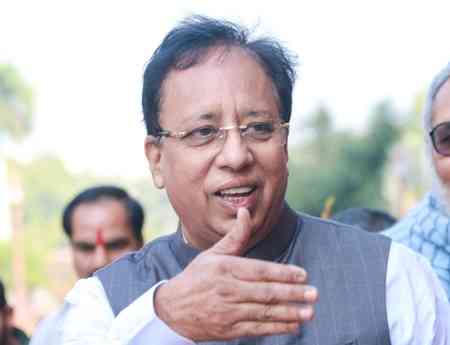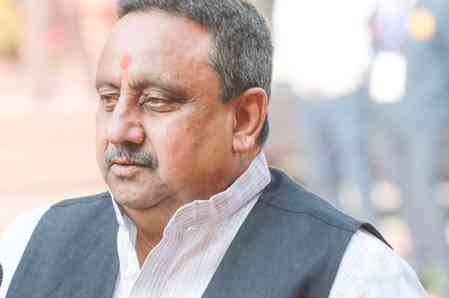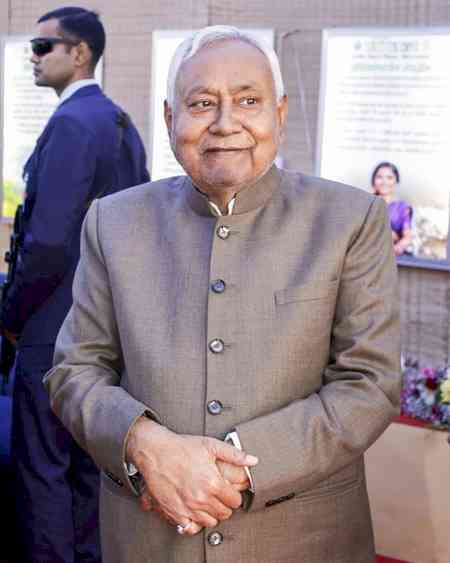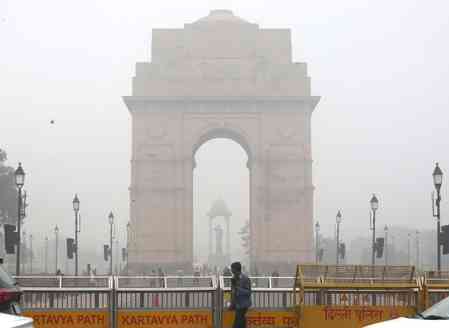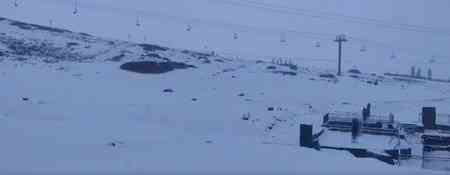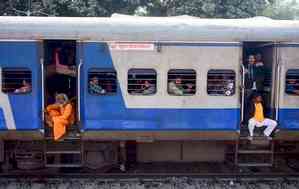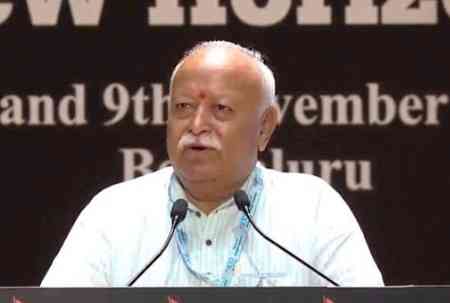Climate change issue poses major challenge to mountain ecosystem
As the Climate Change issues are of global concern, they pose a major challenge to our mountain environment as the mountain ecosystem is highly vulnerable and sensitive to the climatic variations.
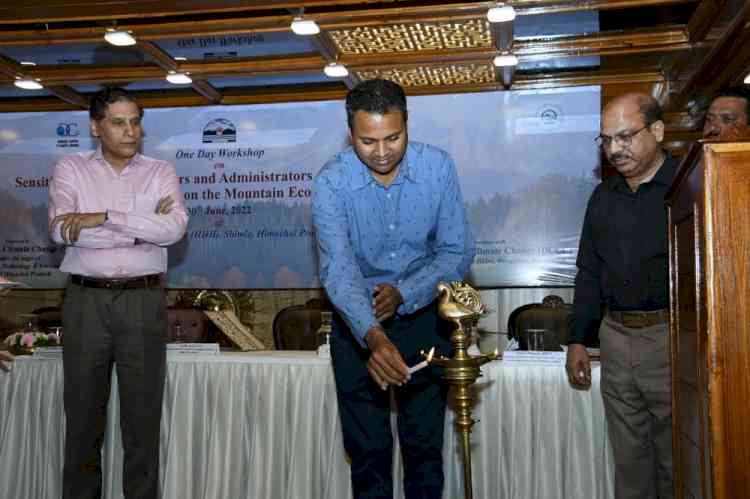
Shimla, June 30, 2022: As the Climate Change issues are of global concern, they pose a major challenge to our mountain environment as the mountain ecosystem is highly vulnerable and sensitive to the climatic variations. Mountains have a special role in showing the effects of climate change. The Himalayan ecosystem has 51 million people who practice hill agriculture and whose vulnerability is expected to increase on account of climate change. The rapid development over the years has also adversely affected the Environment & Ecology of the Himalayan Region as a whole. Scientists also believe that the rise in temperature coupled with environmental degradation would also result in the rapid depletion of glaciers, an important reservoir of freshwater available to us.
Lalit Jain, IAS, Director (Env. S&T) and Member Secretary (HIMCOSTE) informed that in order to discuss the issues of environment degradation, climate change & impact on the sectors like cryosphere which includes snow and glaciers, water, agriculture, forests in the mountain regions in general and the Himachal Pradesh in particular, the State Centre on Climate Change under the aegis of the HP Council for Science Technology & Environment in collaboration with Divecha Centre for Climate Change ( IISC Bangalore ) organised a one day sensitisation programme for the policy makers and administrators on climate change and its impact on the mountain ecosystem today at Hotel Holiday Home, Shimla.
Prabodh Saxena, Additional Chief Secretary (Fin. Env.S&T) Government of Himachal Pradesh presided over the workshop. Prabodh Saxena said that it is time and opportunity for us to take action together with your advice to fulfill the mandate laid down while conceiving the Centre for climate change and work to provide a healthy, stable and sustainable environment to our future generations. The government of HP will certainly be benefitted by the advice and suggestions of this august gathering in formulating future plans and policies. I hope all of us will work together in this direction so that a reliable scientific database could be generated for evolving different adaptation and mitigation strategies to prepare for the changing climate in this Himalayan State.
While briefing the broad structure of the workshop, Dr R.Krishnan, Director, Indian Institute of Tropical Meteorology (IITM), Pune discussed with the participants on the Influence of climate change on the Hindu Kush Himalaya about the general climate change scenario. He said that Annual mean surface-air-temperature in the HKH increased at a rate of about 0.1 °C per decade during 1901-2014, with a faster rate of warming of about 0.2 °C per decade during 1951-2014.
Dr. Anil Kulkarni, distinguished scientist from Divecha Centre for Climate Change of the Indian Institute of Science (BSc) Bangalore, apprised the participants on the impact of climate Change on the Himalayan cryosphere and the water over Himalayan region in general with special reference to Himachal Himalaya. Dr.Anil Kulkarni said that with a 2.6°C rise in temperature, glaciers will lose 79 per cent of ice by the end of the century in HP and by 4.1°C rise in temperature glaciers will lose 87 per cent of ice by the end of the century in HP. Runoff from glaciers will increase in 2050 and then reduce in HP.
Besides this, Dr. J.C.Rana, Country Director, Alliance of Biodiversity International and CIAT-Region —Asia discussed the mainstreaming of agro-biodiversity to improve livelihoods, ecosystem services to reduce climate vulnerability over Himalayan region. Apoory Devgan, IAS , Member Secretary , HP State Pollution Control Board shared his experiences on the Israel visit and talked about how the different practices being adopted there are relevant from the States perspective. Dr. S.S. Randhawa, Principal Scientific Officer from HIMCOSTE shared his recent findings on the work done on Himalayan snow and glaciers during the workshop for sensitising the audience. The audience mainly consisted of all policy makers, heads of departments, vice chancellors or their representative. Scientists from various research institutions across the State participated in the programme.


 City Air News
City Air News 
